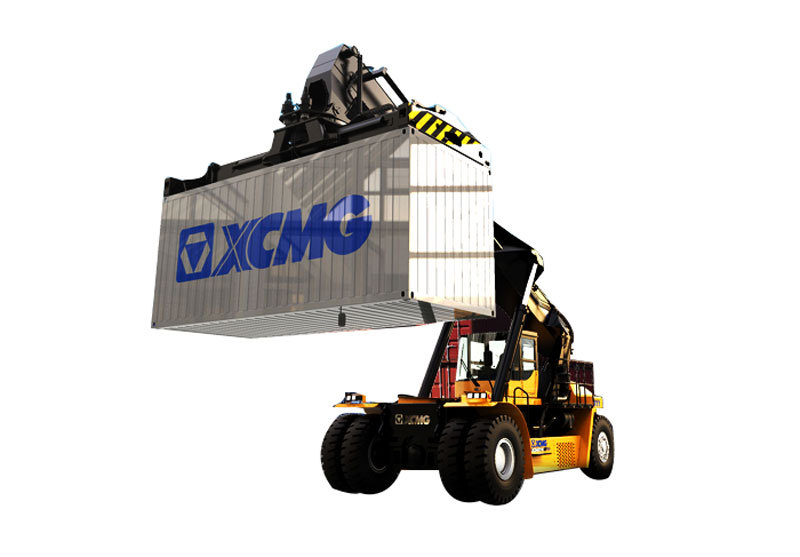
In the hustle and bustle of modern ports, the efficiency of cargo handling is paramount. The advent of advanced material handling equipment has revolutionized the way ports operate, making them faster, safer, and more sustainable. Among these workhorses of the port industry, Straddle Carriers, Automated Guided Vehicles (AGVs), Intelligent Guided Vehicles (IGVs), Terminal Tractors (often referred to as “in-house trucks” or “inner yard vehicles”), Reach Stackers, and Forklifts stand out. These machines are the lifeblood of port operations, ensuring that cargo moves swiftly from ship to shore and into the waiting arms of the global logistics network.
Straddle Carriers are colossal machines designed to lift and carry shipping containers, straddling over them like a giant crane. They play a pivotal role in moving containers from the ship to the yard and vice versa. AGVs and IGVs, on the other hand, are autonomous vehicles that move cargo around the port terminal with precision and speed, guided by magnetic tapes or advanced navigation systems, respectively. Terminal Tractors pull containers on trailers or with chassis, providing flexibility in the movement of goods within the port. Reach Stackers are similar to straddle carriers but are more versatile, capable of handling containers in the stack as well as loading and unloading them from ships. Lastly, Forklifts, available in various sizes and capacities, are used for lifting and moving pallets or containers that require more delicate handling.
The heartbeat of these machines is the power that drives them. In recent years, there has been a significant shift towards lithium-ion batteries, particularly LFP (Lithium Iron Phosphate) batteries, for their use in material handling equipment. LFP batteries are renowned for their safety, longevity, and high energy density, making them an ideal choice for the demanding environment of a port.

Large Forklifts, Heavy Reach Stackers, and other heavy industrial vehicles are now commonly powered by LFP batteries. These batteries offer a combination of high power output and deep discharge capabilities, ensuring that the equipment can handle heavy loads and operate for extended periods between charges. The use of LFP batteries in material handling equipment not only increases efficiency but also reduces the environmental impact by decreasing reliance on fossil fuels.
Speaking of LFP batteries, SPIDERWAY emerges as a prominent player in the realm of LFP lithium-ion batteries. With a wide range of applications in ships, ports, airports, and warehousing logistics, SPIDERWAY’s high-power LFP batteries stand out for their ability to deliver consistent performance in heavy industrial vehicle applications. The advantages of SPIDERWAY’s LFP batteries include:
- High Energy Density: SPIDERWAY batteries offer a high energy density, which means more work can be done on a single charge, increasing the productivity of the equipment.
- Long Lifespan: LFP batteries are known for their long cycle life, reducing the total cost of ownership over time.
- Superior Safety: The chemical composition of LFP batteries makes them less prone to thermal runaway, a significant advantage in safety-critical applications.
- Wide Temperature Range: SPIDERWAY batteries perform well in a variety of temperatures, ensuring reliability in different climates.
- Environmental Sustainability: LFP batteries are more environmentally friendly compared to traditional lead-acid batteries, aligning with the green initiatives of many ports and logistics companies.
In conclusion, the synergy between modern port material handling equipment and LFP batteries like those offered by SPIDERWAY is a testament to the progress in industrial technology. As the world moves towards more sustainable practices, the adoption of LFP batteries in material handling equipment is a step in the right direction, ensuring that ports continue to operate efficiently while reducing their carbon footprint.

